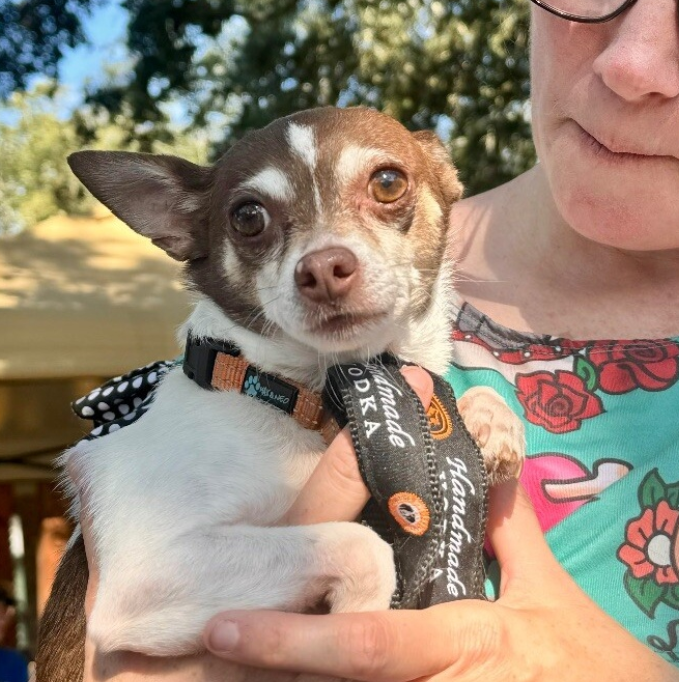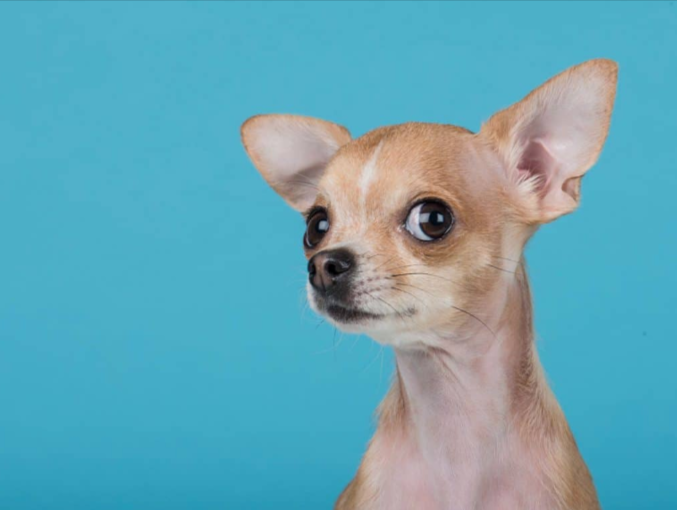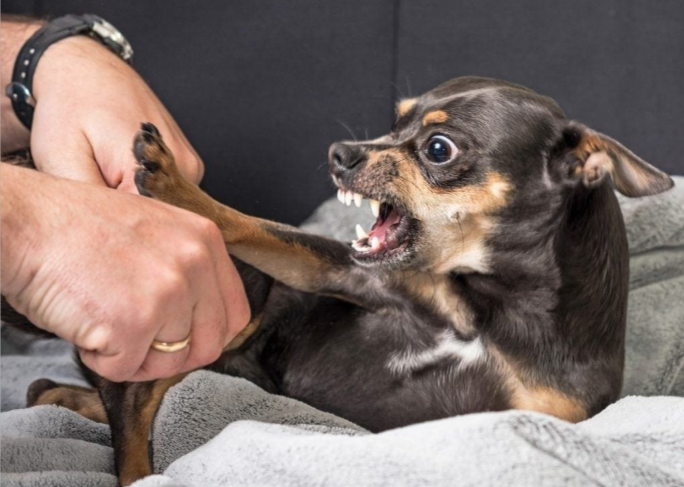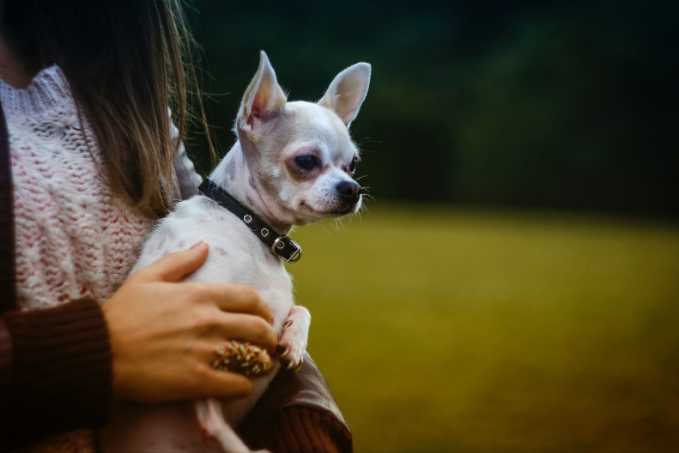Chihuahuas, those tiny dogs with outsized personalities, have earned a reputation for being notoriously “aggressive” or “mean.” This perception comes from various factors, including their protective nature, lack of proper socialization, and how humans interact with them.
Most often, Chihuahuas become aggressive due to mishandling and the absence of necessary training and socialization. Understanding that their behavior isn’t inherently mean but rather a response to their environment, genetics, and human treatment is crucial. In this article, we will be covering everything you need to know about their behavior.
Understanding Chihuahua Behavior
Chihuahuas have complex personalities that are often misunderstood. Temperamentally, Chihuahuas are alert, intelligent, and incredibly loyal dogs. They can be territorial and protective despite their small size, which is often misinterpreted as aggression rather than devotion.

Their intelligence allows them to quickly understand situations and respond accordingly, though sometimes this can come out as wariness or defensiveness toward unfamiliar people or environments.
Chihuahuas form exceptionally strong bonds with their owners, often choosing one person as their primary human. This intense loyalty can make them suspicious of strangers or new people in their environment. Their alertness makes them excellent watchdogs, but this same trait can lead to excessive barking or a defensive nature when they perceive threats to themselves or their owners.

It’s important to note that individual personalities vary significantly among Chihuahuas. Not every Chihuahua displays aggressive tendencies – many are sweet-natured and friendly. The environment in which a Chihuahua is raised plays an important role in shaping their behavior.
Dogs from stable, loving environments display more balanced temperaments compared to those from problematic or neglectful situations. Proper upbringing with consistent training and positive reinforcement can significantly influence a Chihuahua’s disposition toward people and other animals.
| Chihuahuas may be small in size, but they have big personalities. Known for their sass, loyalty, and sometimes dramatic flair, these little dogs often steal the spotlight with their unique behavior, which often makes them the star of countless internet memes. If you need a laugh or want a light-hearted look at their quirky traits, check out our collection of 50+ Funny Chihuahua Memes That Will Make Your Day. |
Chihuahua Size and Perception
Standing merely inches tall, Chihuahuas are acutely aware of their diminutive size. This physical reality profoundly impacts their behavior. What appears as aggression is often a defensive mechanism – a survival strategy to compensate for their small stature.

“Small dog syndrome” perfectly explains this phenomenon. Because they’re small, Chihuahuas often develop heightened defensive behaviors. They bark, growl, and appear aggressive to create the illusion of being larger and more intimidating. This isn’t meanness but a sophisticated survival strategy developed over generations.
Did you know? Chihuahuas typically live between 12 and 18 years, with many making it to 18 and some even reaching their 20s.
Factors Contributing to Aggression
Several critical factors can contribute to aggressive tendencies in Chihuahuas:
- Lack of Socialization: Insufficient exposure to diverse people, animals, and environments during their critical developmental period can lead to fear-based reactivity.
- Improper Training: Many owners underestimate the need for consistent, positive reinforcement training, allowing problematic behaviors to develop unchecked.
- Protectiveness and Territoriality: Chihuahuas are naturally protective of their owners and personal space, which can manifest as aggressive behavior.

- Health Issues: Underlying medical conditions like dental problems, hypothyroidism, or chronic pain can significantly impact a Chihuahua’s temperament.
- Genetic Predisposition: Some bloodlines may have a higher tendency towards anxiety and aggressive responses.
How To Tame An Aggressive Chihuahua
Addressing aggression in Chihuahuas requires patience, consistency, and an understanding of the underlying causes.
- Early Socialization: Expose your Chihuahua to various people, animals, and environments from a young age.
- Consistent Positive Training: Use reward-based methods that reinforce good behavior.

- Regular Exercise: Provide mental and physical stimulation to reduce anxiety and pent-up energy.
- Professional Help: Consult a dog behaviorist if aggression persists.
- Medical Checkups: Regular veterinary visits to rule out health-related behavioral issues.
Conclusion: Chihuahuas are Overprotective and Alert, Not Mean
Chihuahuas aren’t inherently mean, but their behavior is shaped by genetics, environment, and how humans interact with them. Most aggressive behaviors stem from fear, lack of proper socialization, or inconsistent training rather than being born mean.
By understanding their perspective, respecting their needs as dogs, and providing proper training and socialization, owners can nurture balanced, confident Chihuahuas that can prove the “mean” stereotype wrong. With patience and appropriate care, these tiny dogs can showcase their true nature as loyal, loving companions.
FAQs
Their high energy, loud bark, and protective nature can seem overwhelming, but these traits stem from their deep loyalty and alertness.
It’s a combination of genetic predisposition, survival instinct, and individual personality traits developed through their unique evolutionary history.
Potential reasons include fear, lack of socialization, territorial behavior, or underlying health issues requiring professional assessment.
Their perceived meanness is often a defensive mechanism rooted in fear, inadequate training, and misunderstood communication signals.
Consistent training, positive reinforcement, early socialization, and addressing potential medical issues are key strategies.
They form extremely strong, exclusive bonds with one primary caregiver.
This could indicate fear, resource guarding, pain, or a need for better training and socialization.
They’re not dumb – they’re independent and require patient, consistent training that respects their intelligent and complex nature.
